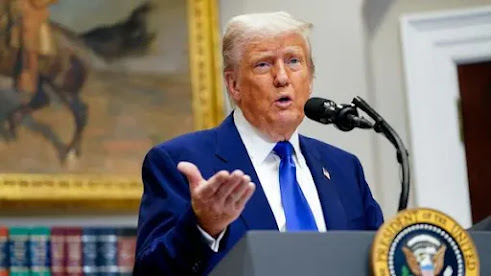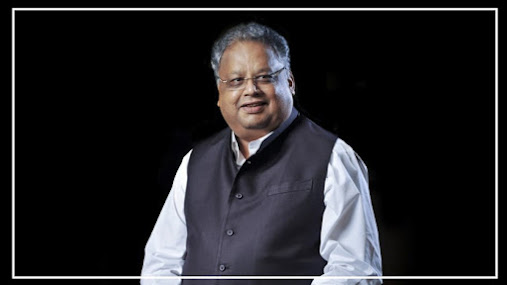Trade tariffs and global tensions deeply shape the modern stock market landscape, acting as catalysts for volatility, uncertainty, and dramatic shifts in investor sentiment. Here’s a nuanced, source-backed exploration of how these forces work, featuring direct links for further reading anchored to relevant keywords.
Market Volatility Driven by Tariffs
When major economies like the United States announce new tariffs, global stock markets often experience a swift downturn. For example, the S&P 500 suffered a notable drop after U.S. President Trump introduced fresh tariffs in April 2025, shaking investor confidence and erasing trillions in market value. Professor Xiaoyan Zhang calls such actions “storm clouds” over financial markets, emphasizing how these measures disrupt expectations and inject uncertainty into asset pricing (storm cloud).
Quantitative analysts use factor models like those described by Bloomberg to track how different industries react to tariff news. Banks and specialty finance, for instance, can see heavy losses, while more resilient sectors sometimes rebound rapidly following tariff pauses or diplomatic breakthroughs (industry impact).
Trade Tensions and Investor Sentiment
Investor sentiment fluctuates significantly amid global trade tensions. Research in the International Journal of Finance and Administrative Sciences explains that positive negotiations can lift spirits and stock prices, while the threat of escalating disputes may trigger broad market sell-offs. Central banks often respond with monetary and fiscal interventions to stabilize markets, but uncertainty remains high until clear policy direction is achieved (investor sentiment).
JP Morgan’s cross-asset strategists note that, in times of heightened tariffs and tense negotiations, equity markets tend toward a narrow trading range and await cues from trade deals or shifts in macroeconomic indicators (market analysis).
Sectoral and Geographic Impact
Export-driven industries feel immediate pain from tariffs since demand drops and supply chains are disrupted. India’s garment and auto component sectors, for example, are sensitive to tariff announcements from the U.S., with stock prices reacting sharply to new barriers. IndiraTrade underscores how Indian markets, already walking a tightrope between recovery and slowdown, can suffer outsized losses if the U.S. expands protectionist policies (Indian sector impact).
Tariff changes may also prompt sudden exchange rate movements, especially in countries with large trade deficits or surpluses. This weakens profits for exporters and increases risk premiums, especially in emerging markets (exchange rate impact).
Supply Chain Disruption and Corporate Profitability
Supply chain disruption is a direct result of trade tensions. When tariffs rise, global supply routes are forced to recalibrate, leading to increased costs and production inefficiencies. These challenges impact profitability, particularly for multinationals and tech firms with cross-border operations. A Moody’s analysis breaks down how supply chain stress from tariffs can reduce GDP growth and force businesses to adjust pricing and output plans (supply chain).
Companies often revise earnings guidance in response to ongoing trade disputes, which in turn move stock prices. Multinational corporations will hedge currency risks, but abrupt policy moves can quickly unravel their strategies and misalign profit forecasts (currency risks).
Policy Responses and Outlook
Central banks and governments intervene when trade wars threaten economic stability, adjusting rates and deploying fiscal stimulus to ease disruptions. These moves can temporarily support markets, but as noted by JP Morgan, only comprehensive trade agreements and reduced volatility can restore normalcy and support higher valuations in major indices (policy response).
The trajectory for global stocks remains uncertain—expect range-bound markets until clear breakthroughs, while investors must remain vigilant against renewed policy shocks (tariff news example).
Conclusion
In conclusion, the effects of trade tariffs and global tensions on stock markets are profound. They inject volatility, disrupt supply chains, and reshape investor strategies. Staying informed about global news, analyzing sectoral risks, and planning for uncertainty is essential for market participants navigating the storm.
Explore further using these source-linked keywords to deepen understanding and stay ahead in volatile markets.
For more news and insights on trade tariffs, global tensions, and stock market updates, visit www.stockmarkethub.in.









